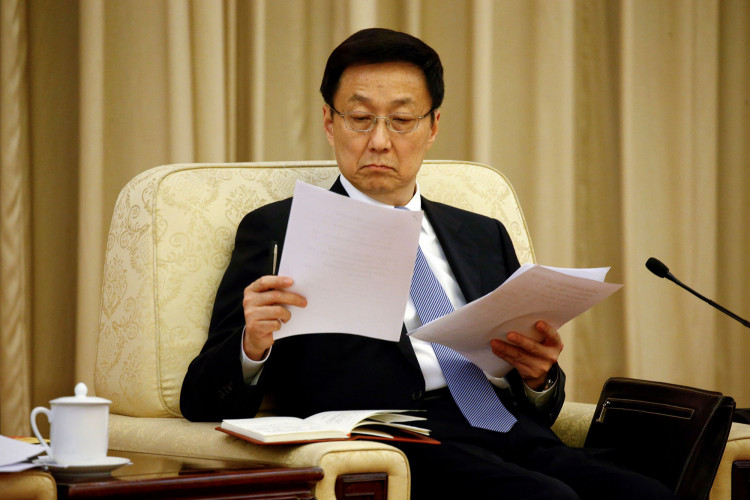China has published its first omnibus national legislation but would finish the comments by January 26, 2020. If enacted, the first Draft Export Control Law (Draft ECL) is the first of its kind. Its purpose was revealed to be China's statutory authority in dealing with the US after phase one of the trade deal.
The draft ECL would be the first omnibus national legislation that would counter US export control measures against China after the China-US trade deal was agreed upon. Together with the US export control regime, it would significantly affect international trade deals that China has engaged in by domestic and foreign companies, reported Mondaq.
It was also reported that the US export control regime was also recently modified to support trade mechanisms that US regulators would impose to restrict exports to China. It was also emphasized that the said modification would provide national security significance for the US.
According to the report, the new Export Control Reform Act 2018 established by the US Department of Commerce would create stricter controls for 'emerging' and 'foundational' technologies. This would involve the increase of licensing requirements for exports including those engaged with China.
Moreover, in May 2019, the US Department of Commerce's Bureau of Industry and Security banned Huawei, a Chinese tech giant, from exports, re-exports, and the transferring of US-regulated goods. The ban included software and technology from Huawei. Subsequently thereafter, the US lifted the ban, which helped the countries reach a phase one China-US trade deal agreement.
In response, China also wanted to protect its national security and interests, the report claimed. It was suggested that these events led to the drafting of the ECL for the first time since 2017 as issued by the Ministry of Commerce (MOFCOM).
The latest draft for the ECL composed of 48 articles, six chapters, and was reported to be substantially shorter than its counterparts. It was said to have focused more on the 2017 MOFCOM version composed of 70 articles.
The goal of the draft ECL was also showed not to follow unified national legislation but encompassed the Foreign Trade Law and Customs Law. The administrative regulations such as the Regulations on Arms Export, Regulations on Control of Nuclear Export, and Regulations on Control of Nuclear Dual-Use Items and Related Technologies were also included.
It was also announced that the administrative authorities governing the draft ECL were spread across China's government agencies. MOFCOM, Technology and Industry for National Defense, the State Administration of Science, and the Central Military Commission were some of these agencies.






